Chemicals
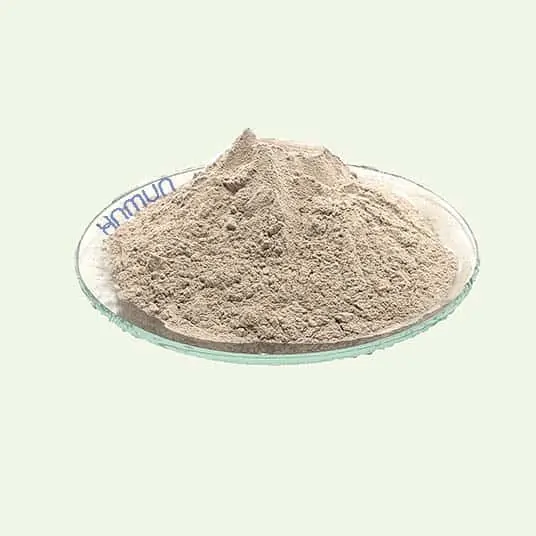
Manganese carbonate
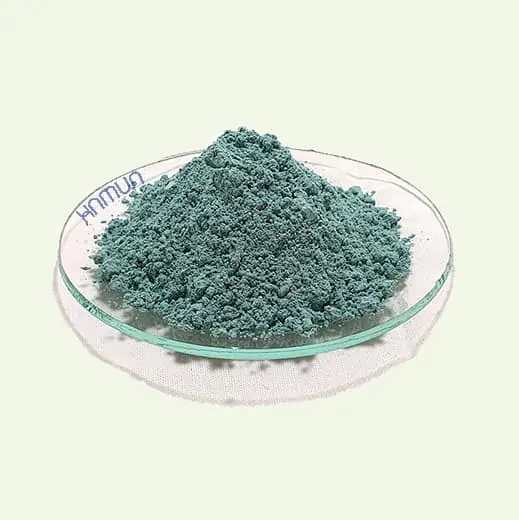
Nickel carbonate
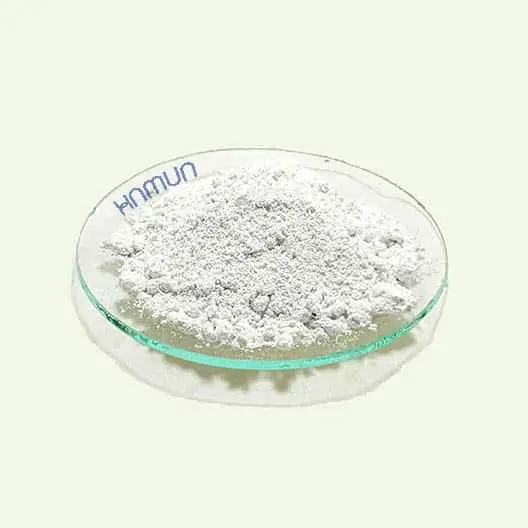
Strontium carbonate
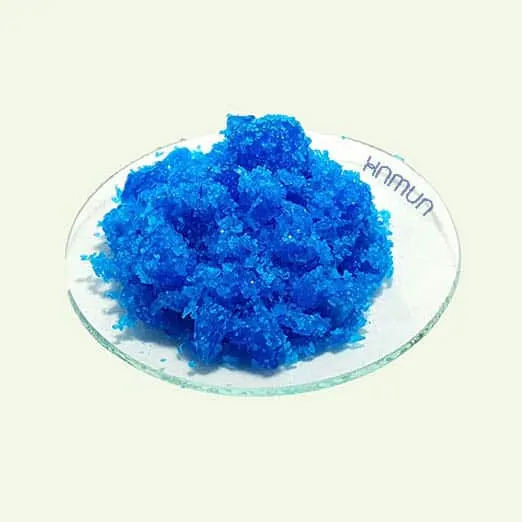
Copper sulfate
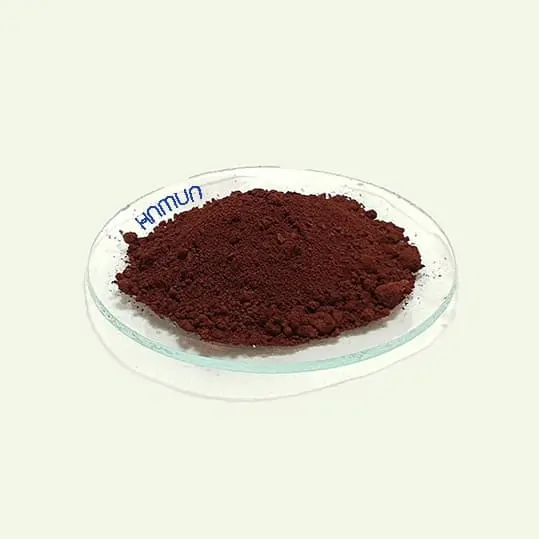
iron oxide
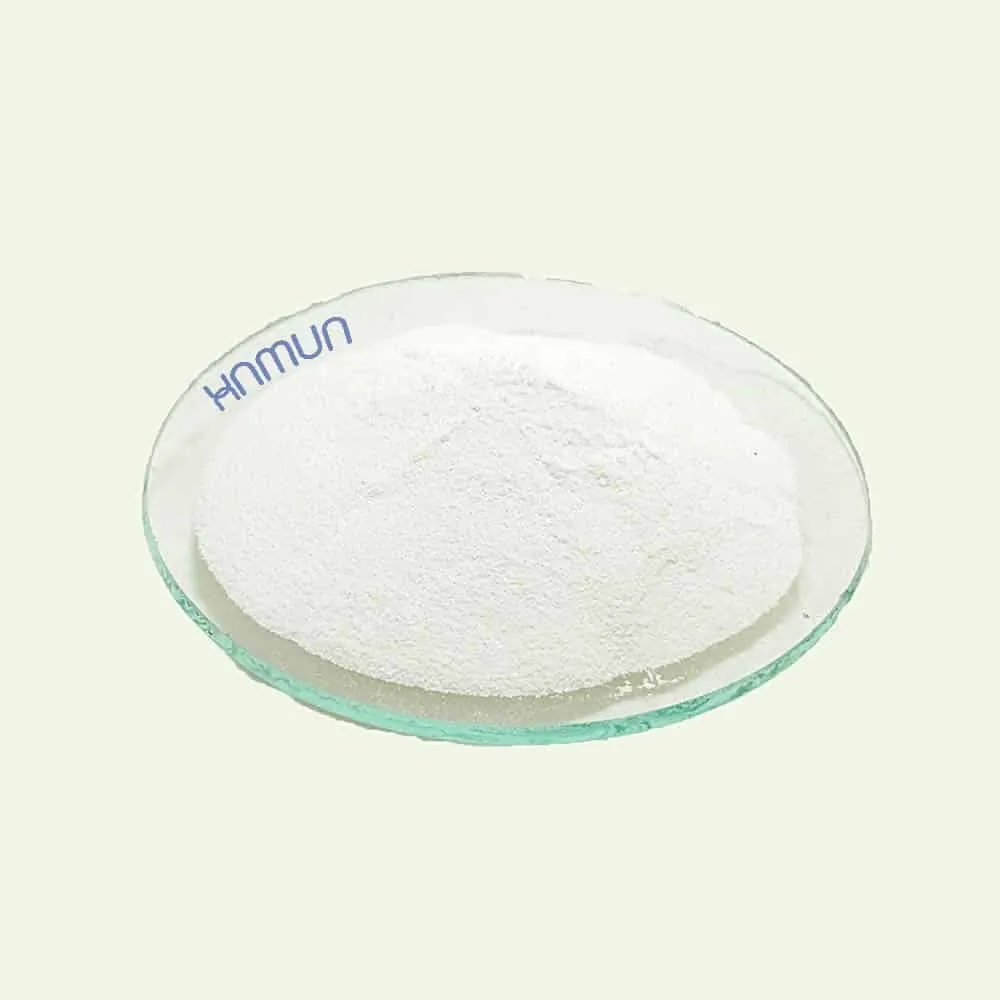
ZnO
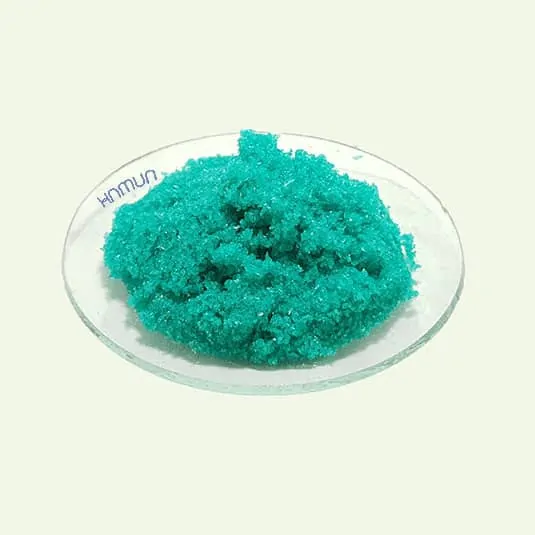
Nickel nitrate
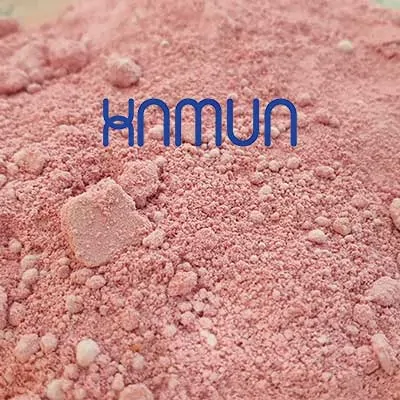
Cobalt sulfate
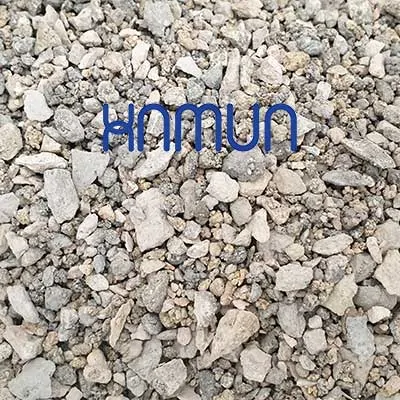
bauxite
chemicals
Chemicals are substances that have a fixed chemical composition and specific properties. Chemicals can be simple, compound or alloy composed of different elements. These substances may exist as liquid, solid or gas.
Carbonates: Carbonates are salts of carbonic acid and are characterized by the radical or ion, CO3−2. This ion is the simplest exocarbon anion and consists of one carbon atom surrounded by three oxygen atoms in a trigonal surface arrangement. Carbonates include salts of carbonic acid.
Oxides: are chemical compounds in which one or more oxygen atoms are combined with another atom. In other words, oxides are binary compounds of oxygen with another element. Examples of these oxides include carbon dioxide, sulfur dioxide, calcium oxide and even water.
Sulfates: Sulfates are salts that are formed from the reaction of sulfuric acid with another chemical substance. Sulfates are detergents or surfactants that are commonly found in detergent products such as shampoos, body washes, facial cleansers, and toothpastes.
Chlorides: Chlorides are a group of mineral salts that contain the chloride ion. Sodium chloride is a type of chloride that is called salt in Farsi and its chemical formula is NaCl. Sodium chloride is the main component of table salt and most of the salinity of ocean water is due to this compound.
Nitrates: Nitrate is a polyatomic ion whose molecular formula is - 3 NO and its molecular mass is 62.0049 g/mol. Nitrate is a substance that pollutes underground and surface water widely. Nitrate accumulation in the environment can be caused by agricultural waste water that contains this substance due to excessive consumption of nitrate fertilizers, which diffusely pollutes water, or point pollution from human sewage that has not been properly disposed and processed.
